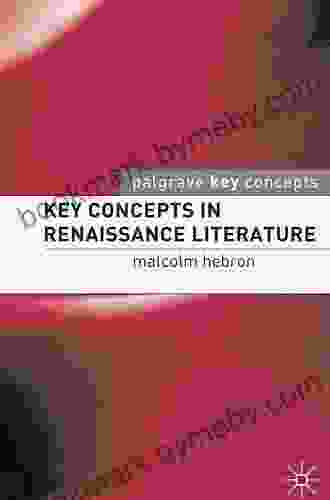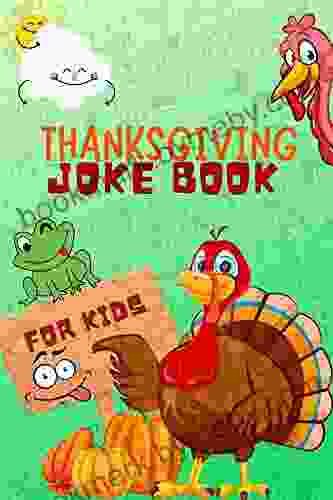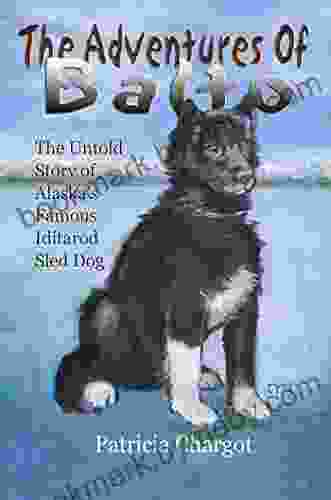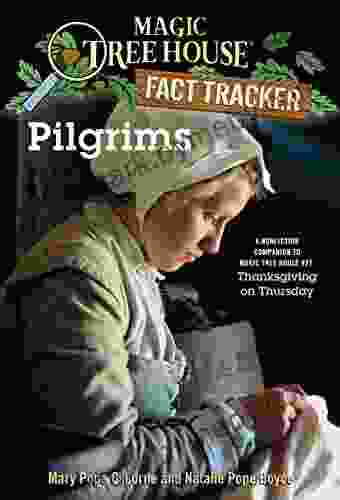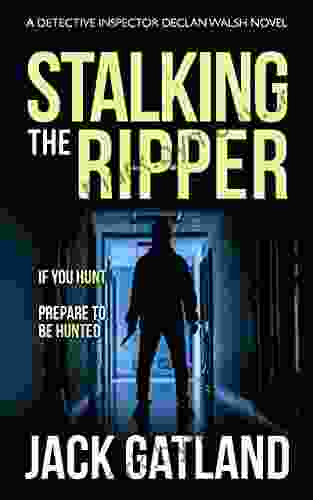Key Concepts in Renaissance Literature: Unlocking the Intellectual Landscape of a Literary Epoch

The Renaissance, a period of profound intellectual and artistic transformation spanning the 14th to 17th centuries, witnessed a flourishing of literary works that reflected the seismic shifts in European thought and society. At the heart of this literary revolution lay a rich tapestry of concepts and ideas that shaped the worldview of Renaissance authors and readers alike.
5 out of 5
| Language | : | English |
| File size | : | 1120 KB |
| Text-to-Speech | : | Enabled |
| Screen Reader | : | Supported |
| Enhanced typesetting | : | Enabled |
| Print length | : | 294 pages |
Humanism: The Rediscovery of Classical Ideals
A cornerstone of the Renaissance was humanism, a revival of interest in ancient Greek and Roman culture. Humanists sought to rediscover the classical ideals of rational inquiry, individualism, and the pursuit of worldly knowledge. The works of Cicero, Plato, and Aristotle became foundational texts for Renaissance scholars and writers, inspiring them to explore human potential and the complexities of society.
Neoplatonism: Exploring the Realm of the Divine
Alongside humanism, Neoplatonism, a philosophical tradition rooted in the teachings of Plato, played a significant role in shaping Renaissance thought. Neoplatonists believed in a hierarchical universe where the material world was a reflection of a higher, spiritual realm. This belief found expression in literary works that explored themes of love, beauty, and the transcendent power of the soul.
The Reformation: Religious and Intellectual Upheaval
The 16th century witnessed the Protestant Reformation, a religious movement that challenged the authority of the Catholic Church. The Reformation ignited intense religious and political debate, which in turn influenced literary works of the period. Writers explored themes of religious doubt, the struggle for faith, and the consequences of heresy in works such as William Shakespeare's "Hamlet" and John Milton's "Paradise Lost."
Courtly Love: Idealizing Love and Chivalry
Courtly love, a highly stylized form of romantic adoration that flourished in the aristocratic courts of Europe, was another significant influence on Renaissance literature. Poets such as Petrarch and Boccaccio penned sonnets and narrative poems that celebrated the idealized beauty and unattainability of the beloved. These works explored the complexities of love, desire, and the yearning for perfection.
Petrarchan Sonnet: A Poetic Form for Expressing Love
The Petrarchan sonnet, named after the Italian poet Petrarch, became a widely adopted poetic form during the Renaissance. Petrarchan sonnets typically consist of 14 lines that explore a specific theme, often related to love, beauty, or nature. The form's structured nature allowed Renaissance poets to express their emotions with precision and elegance.
Shakespeare: The Literary Titan of the Renaissance
William Shakespeare stands as one of the most influential literary figures of all time, whose works epitomize the richness and complexity of Renaissance literature. Shakespeare's plays and sonnets delve into timeless themes of human nature, love, and ambition. Through characters such as Hamlet, Othello, and King Lear, Shakespeare explored the depths of the human psyche and the complexities of human relationships.
Machiavelli: The Master of Political Realism
Niccolò Machiavelli, an Italian philosopher and statesman, profoundly influenced Renaissance political thought. His treatise "The Prince" offered a controversial but influential analysis of political power and the ruthlessness necessary to maintain it. Machiavelli's work inspired writers and thinkers to examine the darker aspects of human nature and the realities of political life.
Erasmus: The Humanist Scholar
Desiderius Erasmus, a Dutch humanist and scholar, was instrumental in promoting humanist ideals during the Renaissance. His satirical writings, such as "The Praise of Folly," criticized the hypocrisy and corruption of the time. Erasmus's work promoted intellectual freedom, critical thinking, and a more tolerant approach to religious differences.
More: Utopia and Social Criticism
Thomas More, an English statesman and humanist, authored the classic work "Utopia," which depicted a fictional society based on reason and equality. "Utopia" became a powerful critique of the social and political problems of the Renaissance, inspiring writers and thinkers to envision a more just and equitable world.
The key concepts that shaped Renaissance literature provide a lens through which we can understand the intellectual and cultural landscape of this pivotal era. From humanism to neoplatonism, from the Reformation to the idealization of love, these concepts infused literary works with depth, richness, and enduring appeal. By exploring these key concepts, we gain a deeper appreciation for the literary masterpieces that emerged from the Renaissance and their profound influence on the Western literary tradition.
5 out of 5
| Language | : | English |
| File size | : | 1120 KB |
| Text-to-Speech | : | Enabled |
| Screen Reader | : | Supported |
| Enhanced typesetting | : | Enabled |
| Print length | : | 294 pages |
Do you want to contribute by writing guest posts on this blog?
Please contact us and send us a resume of previous articles that you have written.
 Book
Book Novel
Novel Page
Page Chapter
Chapter Text
Text Story
Story Genre
Genre Reader
Reader Library
Library Paperback
Paperback E-book
E-book Magazine
Magazine Newspaper
Newspaper Paragraph
Paragraph Sentence
Sentence Bookmark
Bookmark Shelf
Shelf Glossary
Glossary Bibliography
Bibliography Foreword
Foreword Preface
Preface Synopsis
Synopsis Annotation
Annotation Footnote
Footnote Manuscript
Manuscript Scroll
Scroll Codex
Codex Tome
Tome Bestseller
Bestseller Classics
Classics Library card
Library card Narrative
Narrative Biography
Biography Autobiography
Autobiography Memoir
Memoir Reference
Reference Encyclopedia
Encyclopedia James Allen
James Allen James F Marran
James F Marran Richard L Bushman
Richard L Bushman Jill Hedges
Jill Hedges Michele L Medlyn
Michele L Medlyn J Mark Souther
J Mark Souther Mark Galeotti
Mark Galeotti Jack Higgins
Jack Higgins Irene Lewis Mccormick
Irene Lewis Mccormick Randel Mcgee
Randel Mcgee Iola Reneau
Iola Reneau James Carver
James Carver Sue Mitchell
Sue Mitchell Sam Walton
Sam Walton James Andrew Miller
James Andrew Miller J E Comet
J E Comet Jackie Huba
Jackie Huba Sophie Beresiner
Sophie Beresiner Mazie K Hirono
Mazie K Hirono James Bradley
James Bradley
Light bulbAdvertise smarter! Our strategic ad space ensures maximum exposure. Reserve your spot today!
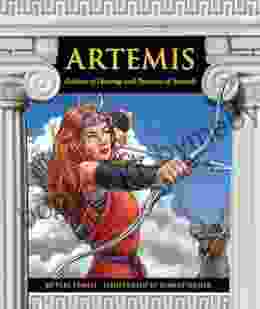
 Yasunari KawabataDiscover the Enchanting World of Artemis: Goddess of Hunting and Protector of...
Yasunari KawabataDiscover the Enchanting World of Artemis: Goddess of Hunting and Protector of... Charlie ScottFollow ·17k
Charlie ScottFollow ·17k Elias MitchellFollow ·7.4k
Elias MitchellFollow ·7.4k John SteinbeckFollow ·4.3k
John SteinbeckFollow ·4.3k Edward BellFollow ·2.4k
Edward BellFollow ·2.4k Clinton ReedFollow ·18.6k
Clinton ReedFollow ·18.6k Victor TurnerFollow ·5.2k
Victor TurnerFollow ·5.2k Kurt VonnegutFollow ·8.9k
Kurt VonnegutFollow ·8.9k Shane BlairFollow ·18.7k
Shane BlairFollow ·18.7k
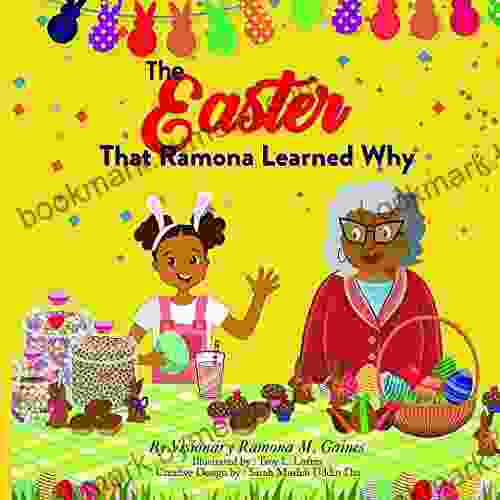
 Phil Foster
Phil FosterThe Unforgettable Easter: Ramona's Journey of Discovery...
Embark on Ramona's Extraordinary Easter...
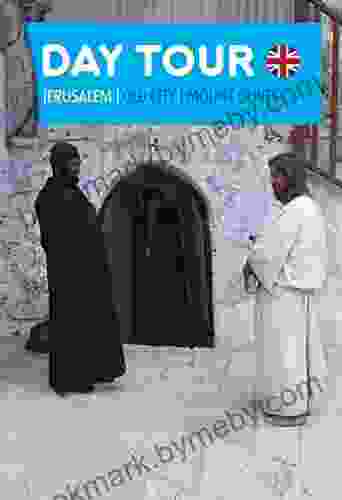
 Levi Powell
Levi PowellThe Old City and Mount of Olives: A Journey Through...
Jerusalem, a city etched into the annals of...

 Henry Hayes
Henry HayesThe Clearances: A Journey Through Scotland's Hidden...
In the 18th and 19th...
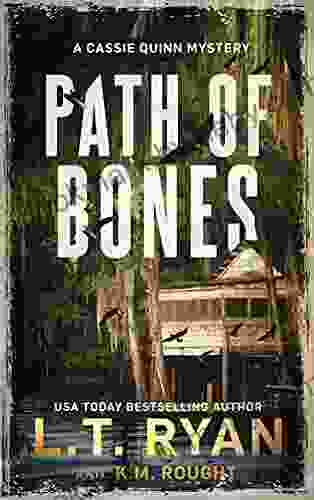
 Edward Reed
Edward ReedUnravel the Enigmatic 'Path of Bones' with Cassie Quinn...
Step into the...
5 out of 5
| Language | : | English |
| File size | : | 1120 KB |
| Text-to-Speech | : | Enabled |
| Screen Reader | : | Supported |
| Enhanced typesetting | : | Enabled |
| Print length | : | 294 pages |


